How to Elicit the Best Answers by Asking the Right Questions
When you’re the office problem solver, you have a problem yourself: You’re not asking enough questions. Instead of hearing others' value-packed insights, you create an echo chamber with only your solutions.
Years ago, I fell into the trap of being the go-to person. I was leading through expertise rather than seeking solutions from others. Even though it felt natural at the time, it wasn't the right approach. Not only did I stilt office efficiency with my "see me for answers" strategy, but I also weakened my team’s collective brainpower because I made every decision.
Having all the answers feels good; it’s even a bit of an adrenaline rush. However, if you’re not learning how to ask the right questions, you’re undermining your success and the success of your teammates.
The Power of Questions
Harvard researchers came to a fascinating conclusion while studying the effect of asking questions during one-on-one communication. They discovered that asking probing, pertinent questions made the questioner appear more likable and responsive.
Unfortunately, we don't know the top questions to ask someone. We're not sure what to ask to elicit meaningful discussions and foster deeper connections. Some people worry about how they’ll appear if all they do is ask questions, and introverts and extroverts alike often fret that their inquisitiveness makes them appear uneducated or foolish.
But let’s face it: No one can realistically know everything. Domo estimates that we generate 2.5 quintillion bytes of data daily. Who could process that much information? Thankfully, the people in your life have valuable opinions, and you can tap into that knowledge bank. Learning how to ask the right questions is the key to becoming a better co-worker and leader.
All questions are not created equal. For example, "How are you?" and "What's up?" may intend to illicit deep responses, but they're thrown around too casually for people to answer genuinely. You don’t want to pepper your colleagues or clients with mundane questions that serve no purpose.
Similarly, don't ask anything that is a directive in disguise. For instance, “Shouldn’t you be working on that project today?” translates to “I want you to work on that project pronto.” It's not a question. Don't manipulate people to reach the same conclusions as you. Leading questions are a manipulation tactic, not a way to learn something unique.
Are You Asking the Right Questions?
So what are the top questions to ask someone? The details and specifics may change depending on the situation, but the best ones fall into two distinct categories:
1. “On a Scale of 1 to 10”
The Likert scale, which slides between extremes like "strongly agree" and "strongly disagree" with a neutral option in the middle, offers an appealing method of getting quantifiable subjective responses to questions (particularly sensitive ones). Instead of forcing people to come to an either-or conclusion, the Likert scale allows them to express their true opinions.
“On a scale of 1 to 10” questions are perfect for receiving feedback. In a workplace setting, for example, you could ask employees “Am I a good leader? Please answer with a number from 1 to 10.” Instinctively, your co-worker will establish whether you belong in the bottom half (one to four) or top half (six to 10). From that point, he or she will pick a number that feels right based on your relationship.
The answer you receive will be in numerical form. Let’s say someone answered with a six. That means your employee feels your leadership capabilities are mostly positive but have some room for growth. This gives you an opening to say, “Thank you. What would the difference be between a six and an eight?” From there, you can talk more about expectations and get a clearer understanding of how you can improve.
2. Open-Ended
Open-ended questions encourage dialogue, not one-word answers. Think about how much you could learn if you asked a project manager “What tasks are you working on now that you find particularly challenging?” instead of “Are any of your tasks presenting a challenge?”
Not sure how to come up with open-ended questions to ask? A good trick is to allow yourself to go down the rabbit hole during conversations. Piggyback on responses like the most engaging late-night talk show hosts do. Some people recommend asking "Why?" three times in a row to peel back the onion layers, which can work. Just don’t be obnoxious. Show sincere curiosity and resist the temptation to think you know what the answer will be. If you're looking to validate your own ideas, then you won't glean anything from the conversation.
If you're working on how to get better at asking questions, you'll see your relationships with other people progress and deepen. You'll stop being the know-it-all and start being the person others rely on and confide in. Over time, your efforts will pay off handsomely — you won't be left in the dark again.
Take my Talk SHIFT assessment to discover other changes that can improve your personal and professional communication skills.


